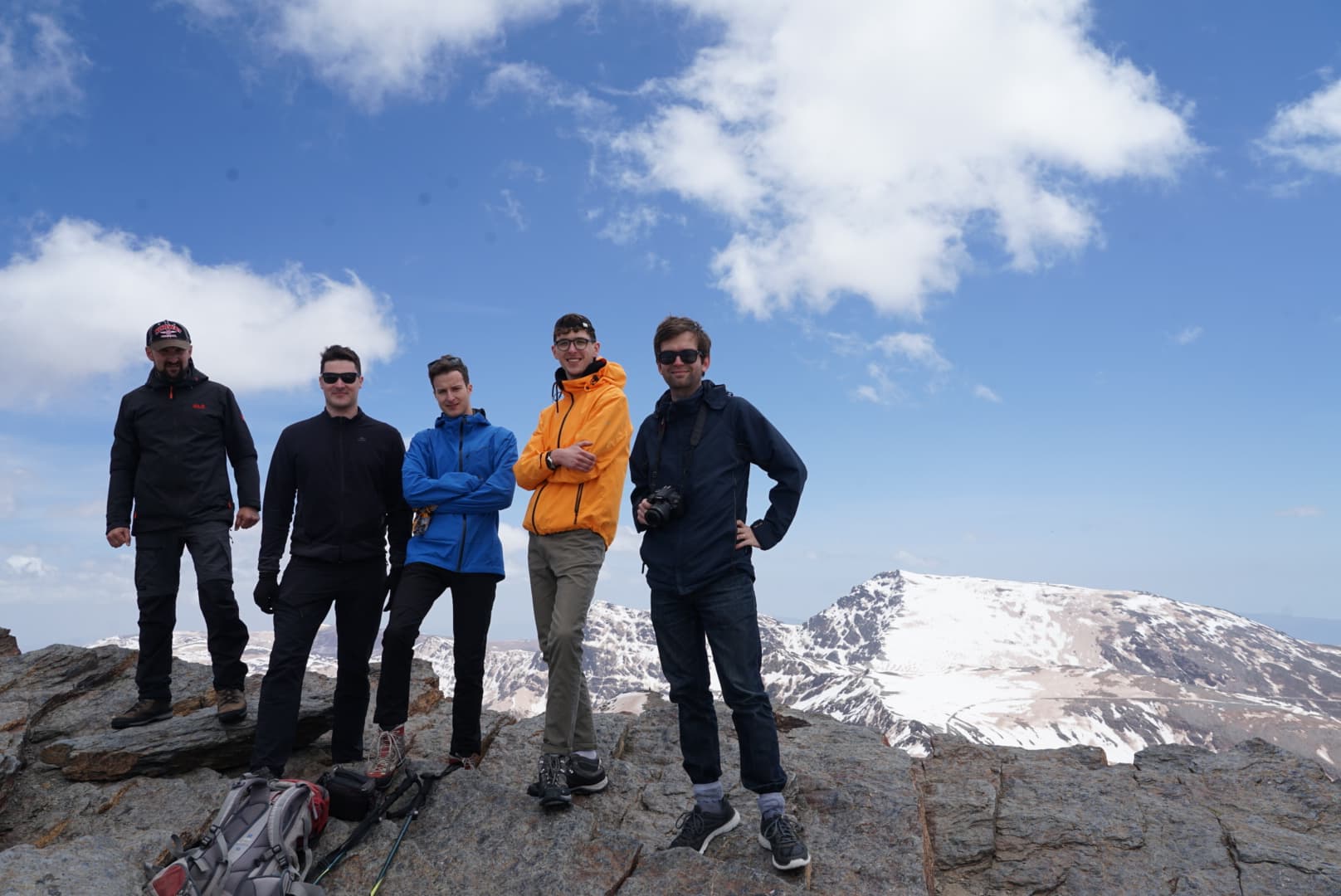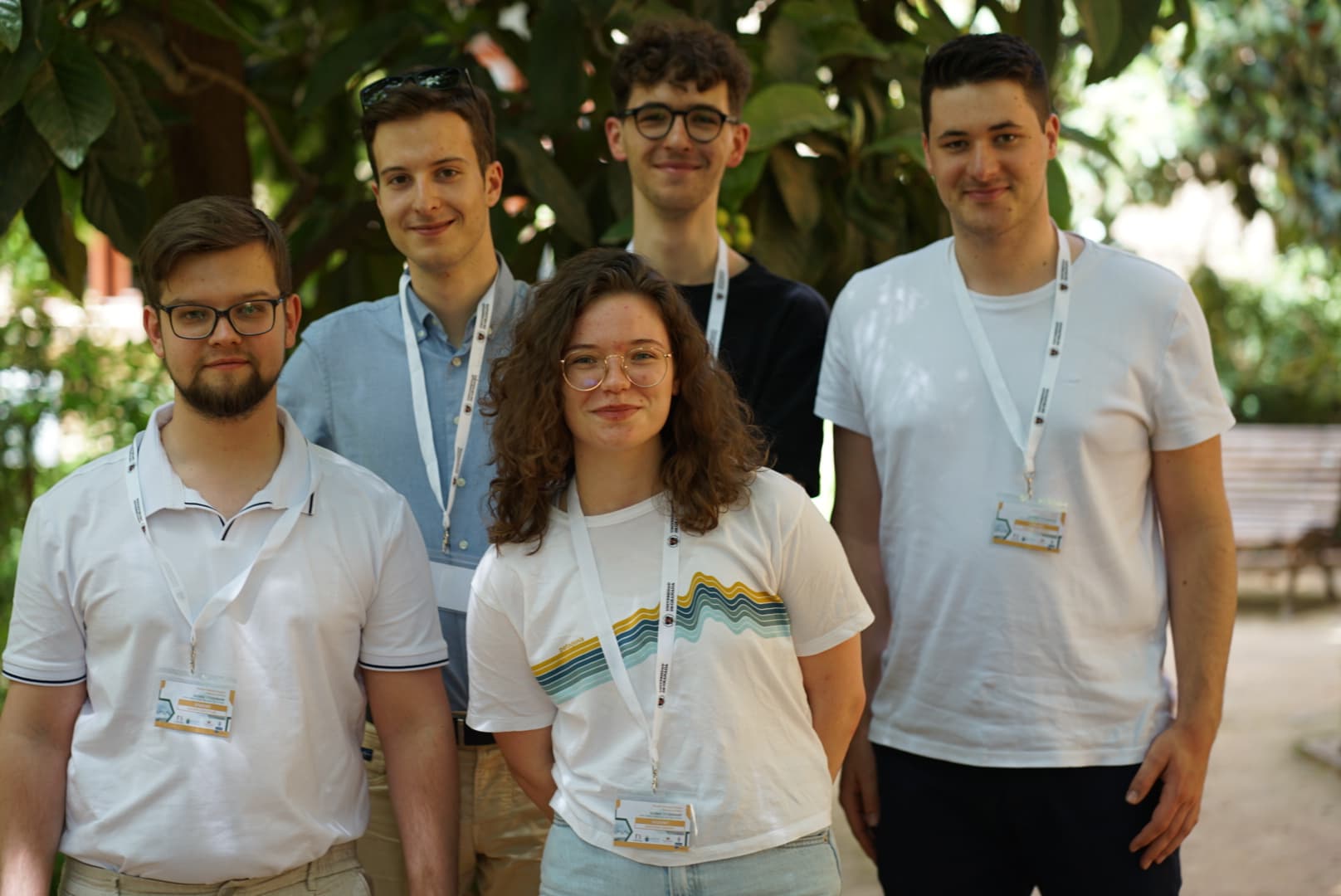“International law of sustainable development” are winter semester classes, fully implementing the tutoring method. They are focused on interdisciplinary research on harmonisation of economic development with non-economic values. This novel form of teaching replaced a workshop on the same topic, which was taught for three academic years – from 2018/2019 to 2020/2021.
Classes are conducted in form of a workshop combined with tutoring, in a small group of 10-20 students, by Prof. Piotr Szwedo (Chair of International Law) and Wojciech Bańczyk, M.A. (Chair of Civil Law). The classes are combined of JU and Erasmus students.

At first, students – on the basis of individually chosen and discussed materials – will improve their knowledge regarding the notion of development and sustainable development from the perspective of legal studies (e.g. by analysis of United Nations 17 Sustainable Development Goals). The analysis shall extend on varied branches of law (e.g. international economic law, environmental protection law, law of social security, property and expropriation law) as well as non-legal perspectives of economy, geography, ethics. Secondly, students under supervision of a tutor conduct their own research projects on a particular legal problem and present it either in form of conference presentation, or an essay.
The idea of the workshop evolved from “Colloquium Legale” developed together with professors of the University of Warsaw and other associated universities. The basic concept was to connect a seminar group discussing legal problems from the interdisciplinary perspective. This project ended in numerous international workshops, e.g.:
- “Water, Food, Energy – Security”, Budapest, 23 April 2018
- “Legal Aspects of Water, Food, Energy Nexus”, Macerata, 6 April 2017
- “Justiciability and injusticiability”, Vienna, 28 April 2016
- “Interculturalism, religious freedom, political community”, Pamplona, 21 October 2015
- “Legal subjectivity”, Bonn 29 April 2015
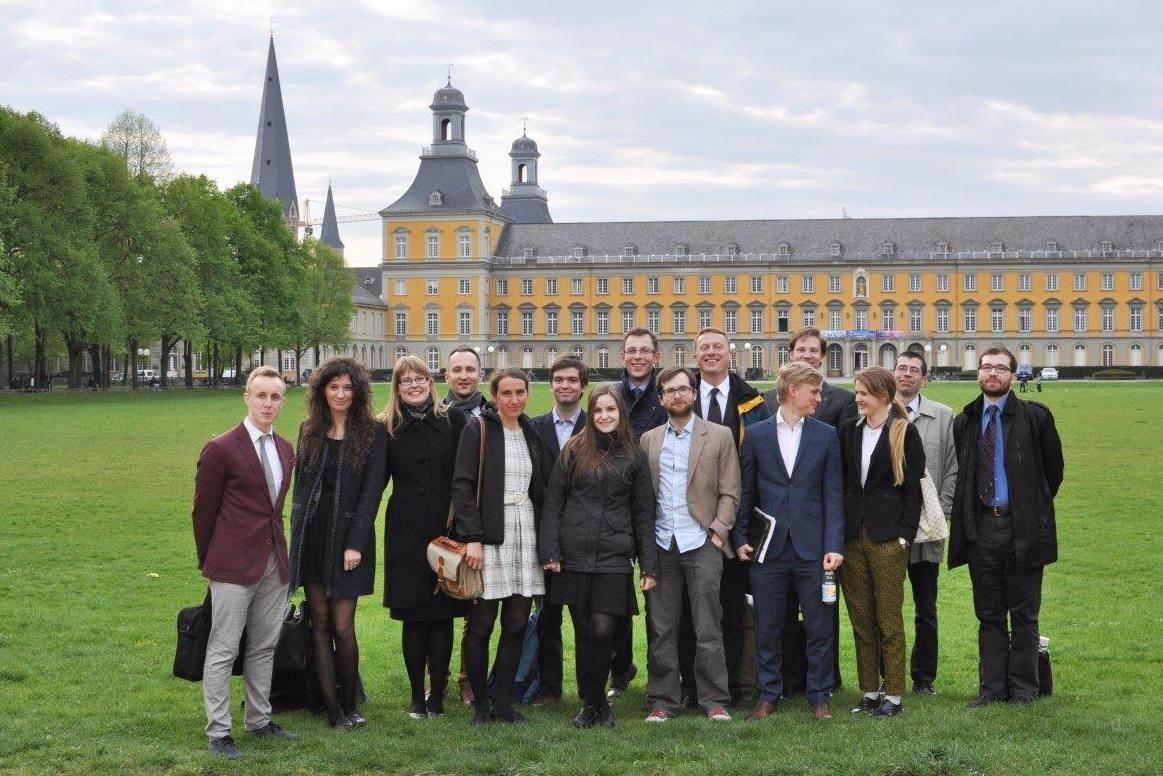
In academic year 2018/2019 a workshop “Sustainable development and other examples of harmonisation of economic development with non-economic values - preparation to academic research” was taught.
During that course students developed their research e.g. during the meetings with tutors in groups of 3 students. Also, they participated in a two-day long seminar in Zakopane (14-15 November 2018), where they proceeded interesting discussions together with Prof. Richard Peltz-Steele, University of Massachusetts.
Students eventually prepared numerous interesting projects e.g.:
- on obligatory vaccination and access of unvaccinated children to education
- on social and economic aspects of Brexit
- on social and economic aspects of migration to European Union countries
- on civil law protection of right to clean air
- on tax incentives to promote ecology
- on legal aspects of genetic engineering
- on role of intellectual property in ensuring food security
- on law promoting zero-waste attitude
- on legal instruments to reduce food waste
- on polluter-pay principle
- on attitude within Chinese diplomacy towards climate change
- on legal difficulties in promoting technological development in Ghana.
Some students developed their research projects and presented it on an international conference “Sustainable Development and Human Rights”, in which they joined international participants, including three ombudspersons (Prof. Gyula Bàndi, Hungary; Dr. Adam Bodnar, Poland; and Prof. Mária Patakyová, Slovakia) and two general consuls (Prof. Adrienne Körmendy, Hungary and Dr. Tomáš Kašaj, Slovakia).
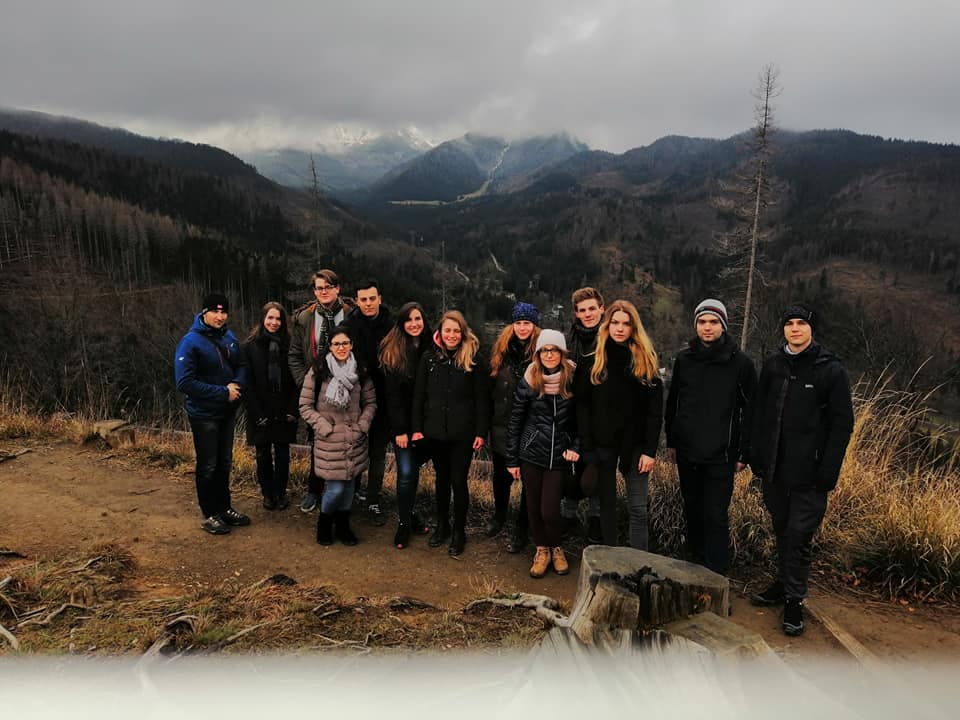
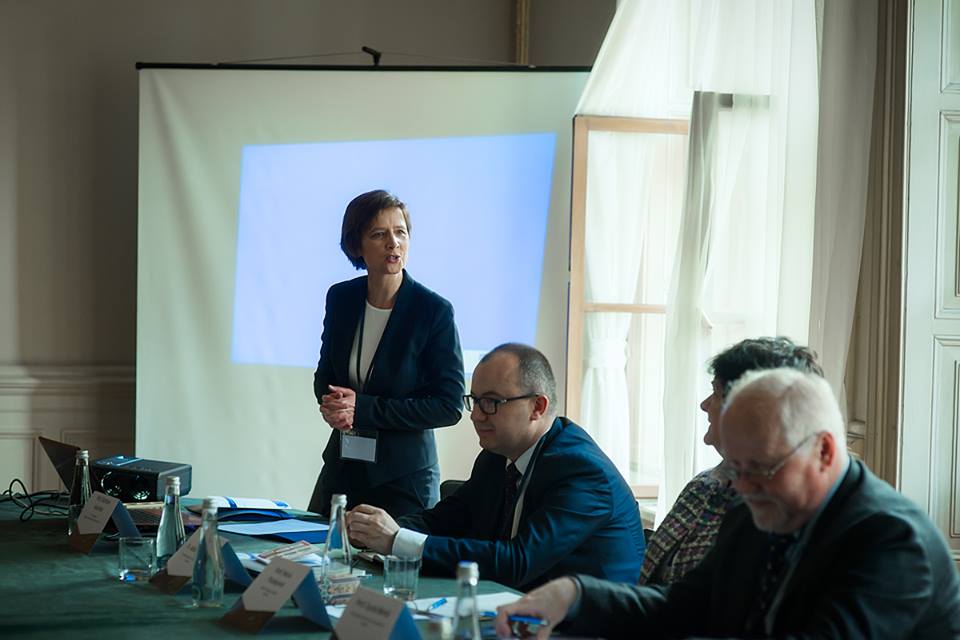
In academic year 2019/2020 a workshop under a shortened, final name of “International Law of Sustainable Development” was taught.
During that course students developed their research e.g. during the meetings with tutors in groups of 4 students. Also, they participated in a two-day long seminar in Zakopane (14-15 November 2019).
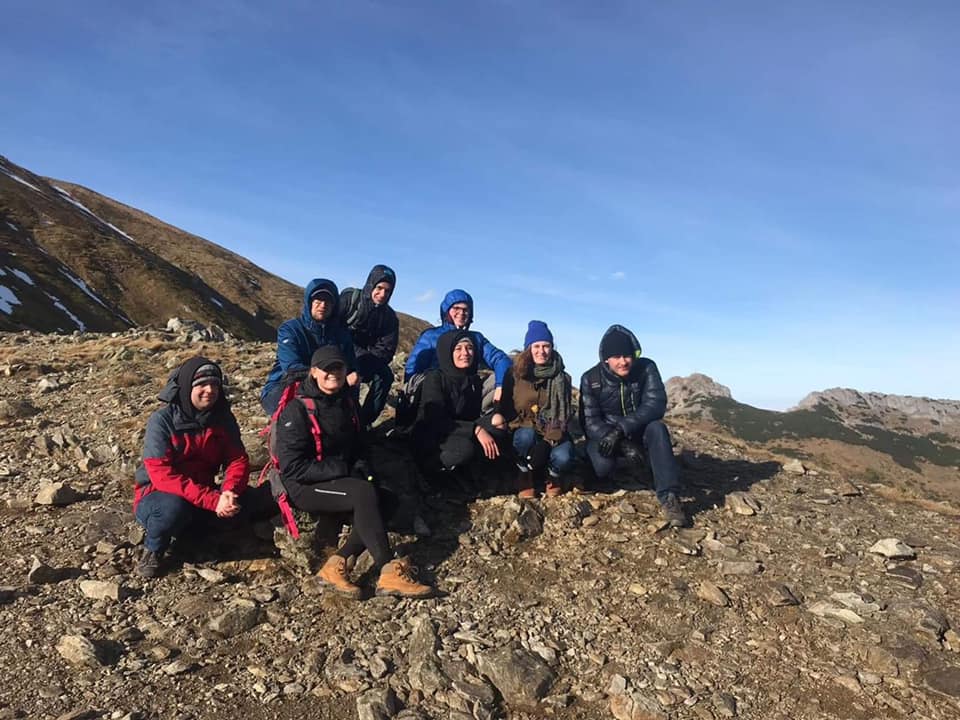
Students prepared numerous interesting projects e.g.:
- on management of cities and communities
- on local currencies’ impact on development of local communities
- on ways to introduce sustainable tourism
- on the Card of Pole [Karta Polaka] as a way to support mobility
- on municipal and regional incentives to promote electric cars and their economic impacts
- on smart cities
- on small-scale policies to support ecology
- on the breakthrough of ecological and economic spheres
- on the impact of ecological statements on the content of contract and consumer’s possible claims for their inadequacy
- on legal and non-legal limitation of food waste
- on legal ways to manage space debris and the space borders of ecology
- on the breakthrough of social and economic spheres
- on duties in business reporting
- on specific protection of human rights in the textile industry
- on possibilities of sustainable penalties’ system
- on reducing poverty on the example of Rio de Janeiro
- on the role of sport to reduce inequalities
- on reducing inequalities in the employment of foreign employees in Poland
The planned conferences including some of the projects as above was rescheduled to a later date due to the COVID-19 pandemic.
However, teachers of this course attended numerous meetings regarding the sustainable development. Prof. Piotr Szwedo was a panellist in the March 6, 2020, Law and Sustainable Development in the V4 Panel Discussion. Wojciech Bańczyk was a moderator in the March 5, 2020, Akademia Spółek Kapitałowych [Academy of Capital Companies] panel on sustainable finance and impact investment.
The academic year 2020/2021 was in many aspects a difficult one for educational purposes. Still, at its beginning, the workshop was initiated as one of the few in-class courses. However, due to the development of COVID-19 pandemic in late October 2020, the course was moved online, and successfully continued. Still, unfortunately, additional accompanying events were not possible.
Projects as below have been developed.
Some referred to politics regarding sustainable development:
- international debate on Amazon forest: protection of environment vs principle of non-interference
- the anti-deforestation laws in Brazil and Portugal: reasons for differences of interconnected legal systems
- China’s activity towards and against sustainable development
while some others referred to the primarily social issues:
- gender equality in Asia: possibilities and challenges within the legal and cultural background
- non-human legal subjects: legal status and its justification
- ways of preventing corruption in justice system in developing and developed countries
- concept of solidarity in constitutional law
- legal demands for corporate social responsibility
as well as primarily ecological issues:
- sustainable fashion: production, marketing and their legal consequences
- sustainable diamond mining: soft law and hard law instruments
- micro-parks: social, economic, ecological and legal dimension
The academic year 2021/2022 brought a significant formal change of the class. From workshop in which many elements of the tutoring method were used we moved into a full tutoring format (first time ever introduced as a pilot tutoring program at the Faculty of Law and Administration at JU), namely 1 teacher vs. 1 student, with 10 meetings per each student throughout the entire academic year. This format will be continued in the next years as a regular tutoring class.
Altogether, 10 students attended the tutoring teams and developed e.g. projects as below:
- legal protection against hidden advertisement of influencers according to Press Law
- labour law “right to be offline”
- support for ageing persons and their legal description; notion of an elderly person in law
- data protection in the proceeding in front of the Constitutional Tribunal
- challenges and limitations of the ownership right of movable antiquities.
Also, some students attended the Erasmus Blended Intensive Program in Granada, Spain, entitled Sustainability and Comparative Law. Firstly, in groups of 1 teacher and 2 students from varied universities attending the Program (Jagiellonian University in Kraków, University of Poitiers, University of Granada, Catholic University of Leuven) met online and developed their research project. Secondly, they presented it during the joint conference and discussion sessions in Granada (May 16-20, 2022).
